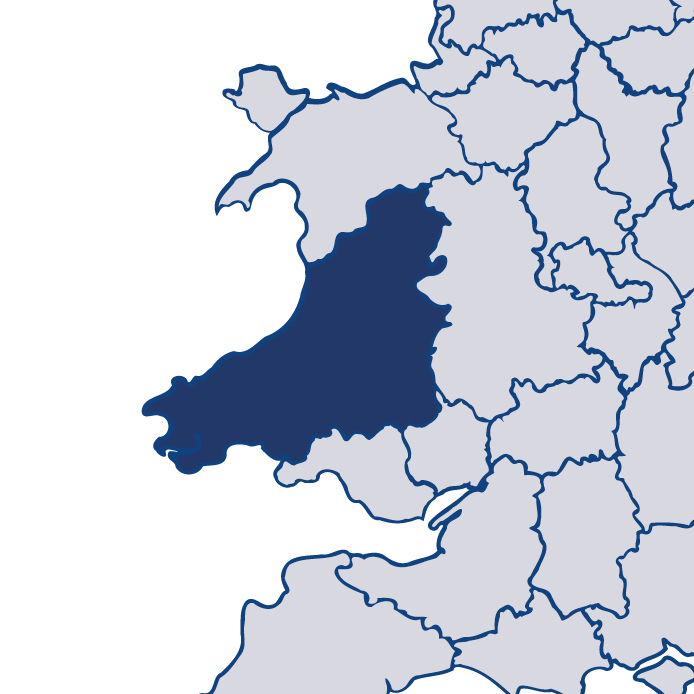Dyfed-Powys 2017
Read more about Dyfed-PowysThis is HMICFRS’ fourth PEEL (police effectiveness, efficiency and legitimacy) assessment of Dyfed-Powys Police. PEEL is designed to give the public information about how their local police force is performing in several important areas, in a way that is comparable both across England and Wales, and year on year. The assessment is updated throughout the year with our inspection findings and reports.
The extent to which the force is effective at keeping people safe and reducing crime is good.
The extent to which the force is efficient at keeping people safe and reducing crime requires improvement.
The extent to which the force is legitimate at keeping people safe and reducing crime is good.
HMI's observations
Read my assessment of Dyfed-Powys Police below.
I am satisfied with most aspects of Dyfed-Powys Police’s performance in keeping people safe and reducing crime, but it needs to make further improvements in some areas to provide a consistently good service.
The force has made good progress in enhancing its response to vulnerable people. I am also pleased that it has improved the standard of its investigations since my last assessment. However, its progress in improving custody provision is mixed: it has strengthened management and safe custody, but has experienced some staffing problems.
The force understands its current demand but has more to do in planning for the future and using its resources effectively; in particular, it needs to develop a better understanding of the skills and capabilities of its workforce.
Dyfed-Powys Police treats those it serves and its staff with fairness and respect, and sets a clear expectation that its workforce will behave ethically and lawfully.
I am pleased to see that Dyfed-Powys Police has acted on our recommendations since 2016 and am confident that these improvements will continue.
Effectiveness
How effective is the force at keeping people safe and reducing crime?
Efficiency
How efficient is the force at keeping people safe and reducing crime?
Legitimacy
How legitimate is the force at keeping people safe and reducing crime?
Other inspections
How well has the force performed in our other inspections?
In addition to the three core PEEL pillars, HMICFRS carries out inspections of a wide range of policing activity throughout the year. Some of these are conducted alongside the PEEL inspections; others are joint inspections.
Findings from these inspections are published separately to the main PEEL reports, but are taken into account when producing the rounded assessment of each force's performance.






